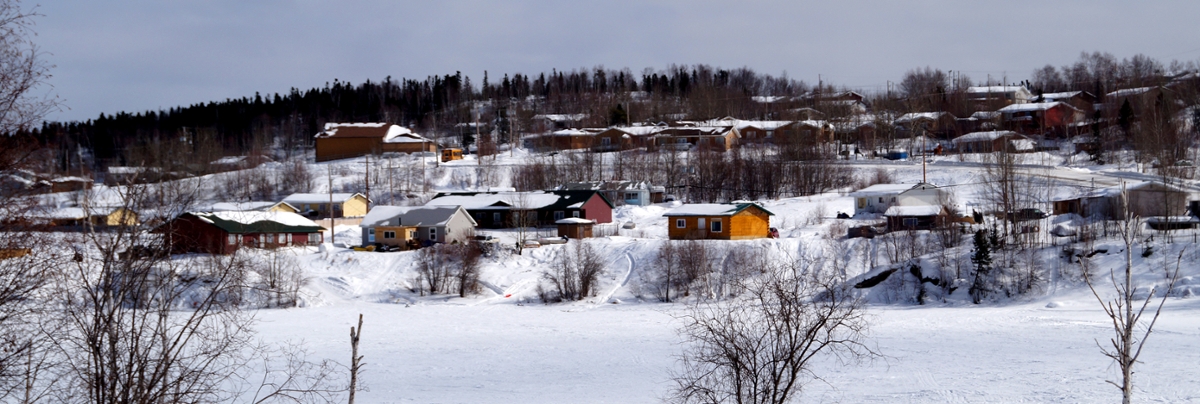
Media release: SENS launches new research initiatives
In celebration of its 10th anniversary, SENS is expanding in two areas – aquatic toxicology and renewable energy for remote and Indigenous communities.
SASKATOON – In celebration of its 10th anniversary, the School of Environment and Sustainability (SENS) at the University of Saskatchewan is expanding in two areas – aquatic toxicology and renewable energy for remote and Indigenous communities.
For more information, click here.
“SENS began in 2007 as a small interdisciplinary graduate school dedicated to solving the complex environmental challenges that threaten the sustainability of our communities and natural places,” said Toddi Steelman, executive director, SENS. “We’ve become experts in leading problem-oriented and community-based research and are particularly well-suited to tackling issues related to renewable energy and water security.”
The new Consortium in Renewable Energy for Indigenous, Northern and Remote Communities is the first in the world to bring together expertise in addressing the complex matter of renewable energy in the North. It includes industry, government, academic, non-governmental organizations and Northern and Indigenous partners with a goal of identifying principles and best practices in renewable energy production, transmission and distribution for Arctic and sub-Arctic regions.
“This consortium will create new mechanisms to facilitate public-private partnerships for energy projects by developing consultation and impact assessment processes with Indigenous and local communities for renewable energy production and transition projects,” said Steelman.
The consortium is led by Greg Poelzer, a SENS faculty member, Fulbright Arctic Scholar and expert in energy and northern research.
The school is also expanding its research focus into improving aquatic testing tools used in the assessment of chemicals that have the potential to contaminate watersheds.
“Current risk assessment strategies of chemicals for the safety of humans and wildlife rely heavily on animal testing and are prohibitively time-consuming and expensive,” said Steelman. “Our research will help create testing tools that are more efficient, affordable and less dependent on animal studies.”
Led by Markus Hecker, Canada Research Chair in Predictive Aquatic Ecotoxicology, SENS research teams will develop a toolbox for industry that allows the assessment of toxicity across species and groups of chemicals while drastically reducing the need for live animal testing.
“Over time, this research will lead to improved consumer safety and the protection of human and environmental health,” said Steelman.
-30-
For more information, contact:
Meagan Hinther
Communications Specialist
School of Environment and Sustainability
University of Saskatchewan
306-966-1019
306-222-2296
meagan.hinther@usask.ca

